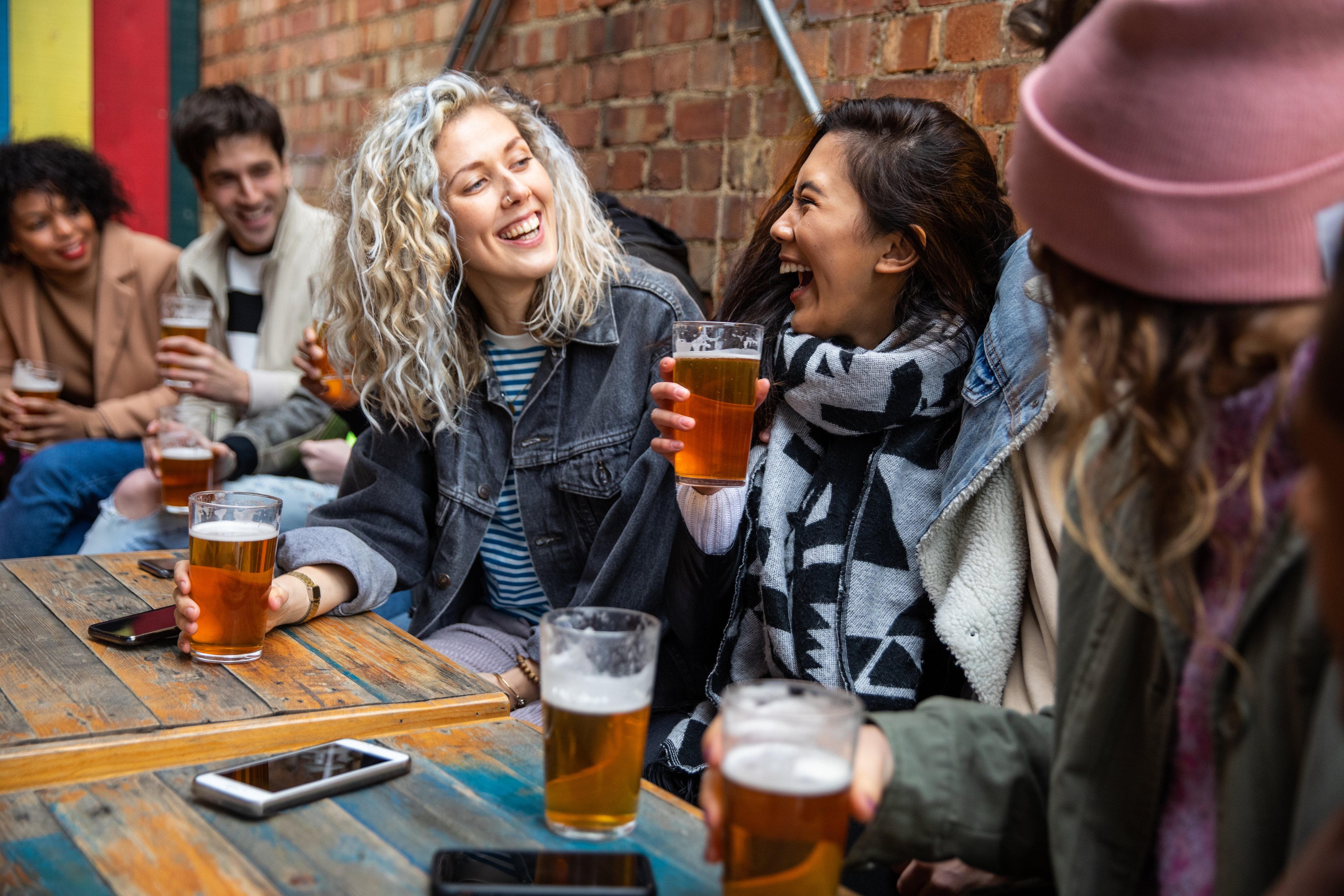What happened
Shares of Diageo (DEO +0.42%) fell 16.2% over the first six months of 2020, according to data from S&P Global Market Intelligence, versus a 3% loss for the S&P 500 index.
While the coronavirus pandemic ought to have benefited alcohol producers like distiller Diageo, which owns the best-selling Scotch whisky brand Johnnie Walker, the required closure of bars, restaurants, and nightclubs removed a large swath of its business.

Image source: Diageo.
So what
Analysts say spirits like Scotch whisky are more apt to be consumed in those kinds of premises than at home, where beer and other alcoholic beverages like hard seltzer have a better chance of success. Diageo generates a quarter of its revenue from Scotch whisky and 11% of total sales from vodka.
Now what
Although Diageo's on-trade businesses (those restaurants, bars, and clubs) are beginning to reopen, a number of states are closing down again or delaying their reopenings due to a new surge in COVID-19 cases, representing a new threat to consumer discretionary stocks.
That could impact Diageo's recovery, as its operations were substantially disrupted by the pandemic. It noted the on-trade segment accounts for 20% of its business in North America, but 50% in Europe. As a result of the crisis, the distiller withdrew its guidance for the full year, and more recently announced it was delaying until Aug. 4 the release of its full-year earnings report to give its auditors more time to prepare the financial statements.
While Diageo cut expenses to conserve cash, it announced a $100 million investment to help bars and restaurants in major hospitality cities like New York, London, and Sydney recover. The distiller had also paused share buybacks during the pandemic, but maintained its dividend, which yields 2% annually.






